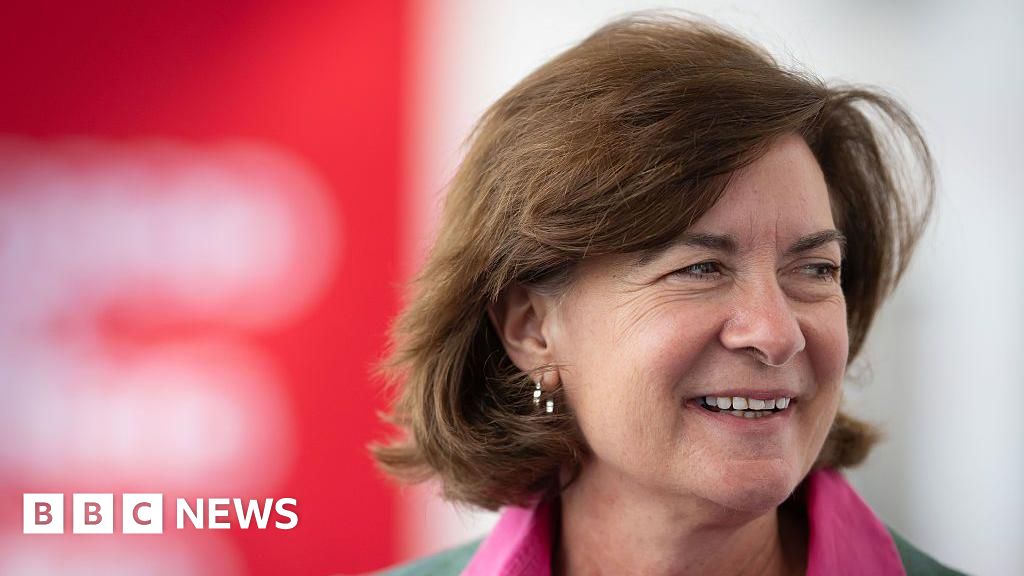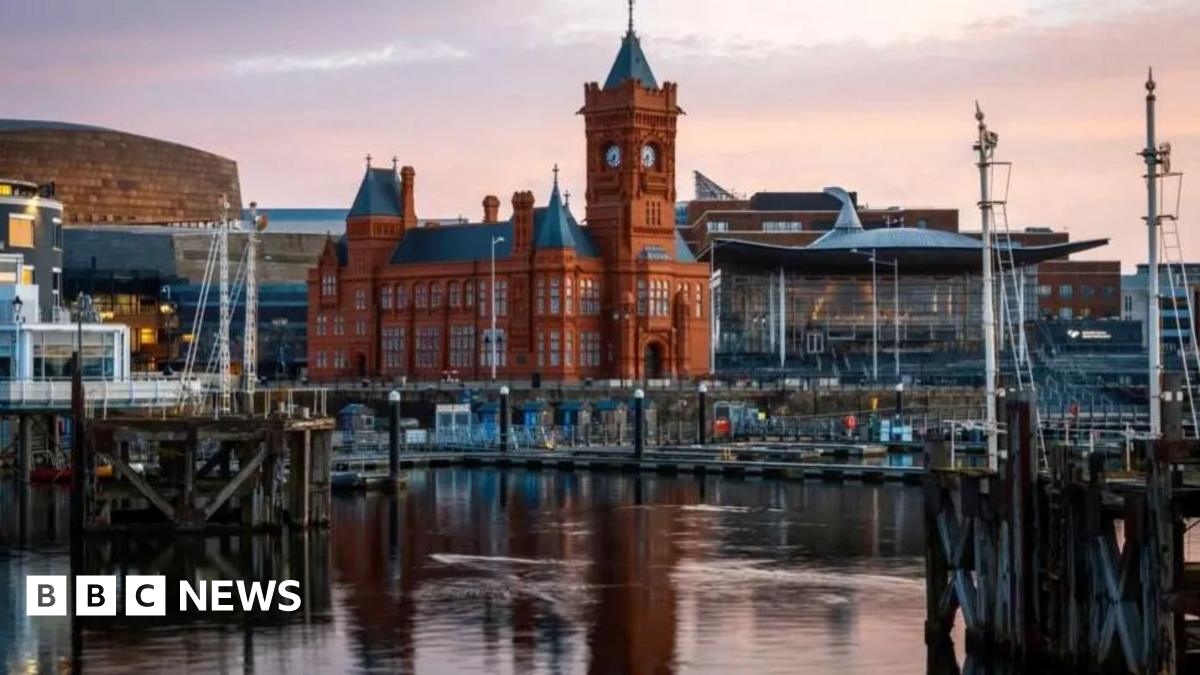Welsh Rail Fares "Make No Sense": Expert Calls for Dutch-Style System
A leading transport expert, Professor Stuart Cole, has criticized the current train ticket pricing system in Wales, stating that it "makes no sense." He advocates for a system similar to that in the Netherlands, where fares are primarily based on the distance traveled.
The Problem with Current Fares
The Welsh Government acknowledges that the current rail fare system is "broken." The inconsistency in pricing, even outside of peak hours, is a major point of contention. For example, a train journey from Carmarthen to Cardiff can vary significantly in price depending on the specific train and time of booking. These discrepancies are attributed to dynamic pricing models employed by rail companies.
As an example, booking a train from Carmarthen to Cardiff for October 8th could cost £15.50 for the 09:21 train, but only £7.70 for the 09:57 train. Similarly, the 10:31 train has options costing £15 and £7.70, with the cheaper option taking 21 minutes longer. Professor Cole argues these anomalies need to be addressed and are not linked to peak travel times.
In many cases it makes no sense from what I can see, because there's no relationship between peak and off-peak periods in those fares… that doesn't make sense and I can't see the argument for it.
The Dutch Model: A Potential Solution?
Professor Cole highlights the Netherlands as a model for a clearer and more consistent rail ticketing system. In the Netherlands, fares are generally the same all day, every day, with the price primarily determined by the distance traveled. Bertien van Baak from Dutch Railways explains that while off-peak options exist, the standard fare provides transparency for all travelers.
Discount options in the Netherlands are typically tied to specific groups, such as children, the elderly, or those traveling in groups. Professor Cole suggests that Wales could implement a similar system but believes previous governments have been hesitant due to the required investment. He attributes this hesitation to financial risks, particularly given existing budget constraints.
There isn't any reason for not doing it, unless it's financial. It's a risk, and governments don't like to take on risky projects.
Government Response and Future Plans
The Transport Secretary, Ken Skates MS, agrees that rail fare reform is necessary and acknowledges the current system is problematic with more than 20 rail operators involved. He indicates that the UK Government's "Great British Railways" initiative will address fare system reform. However, he cautions that simply simplifying fares could create "losers" by potentially increasing costs for some passengers.
Mr. Skates emphasizes the importance of affordability and expresses concern that a standardized fare regime may not necessarily make rail travel cheaper overall. The Welsh government also points to existing improvements and anticipates further progress through the UK government's rail reform plans.
 Visit the website
Visit the website







